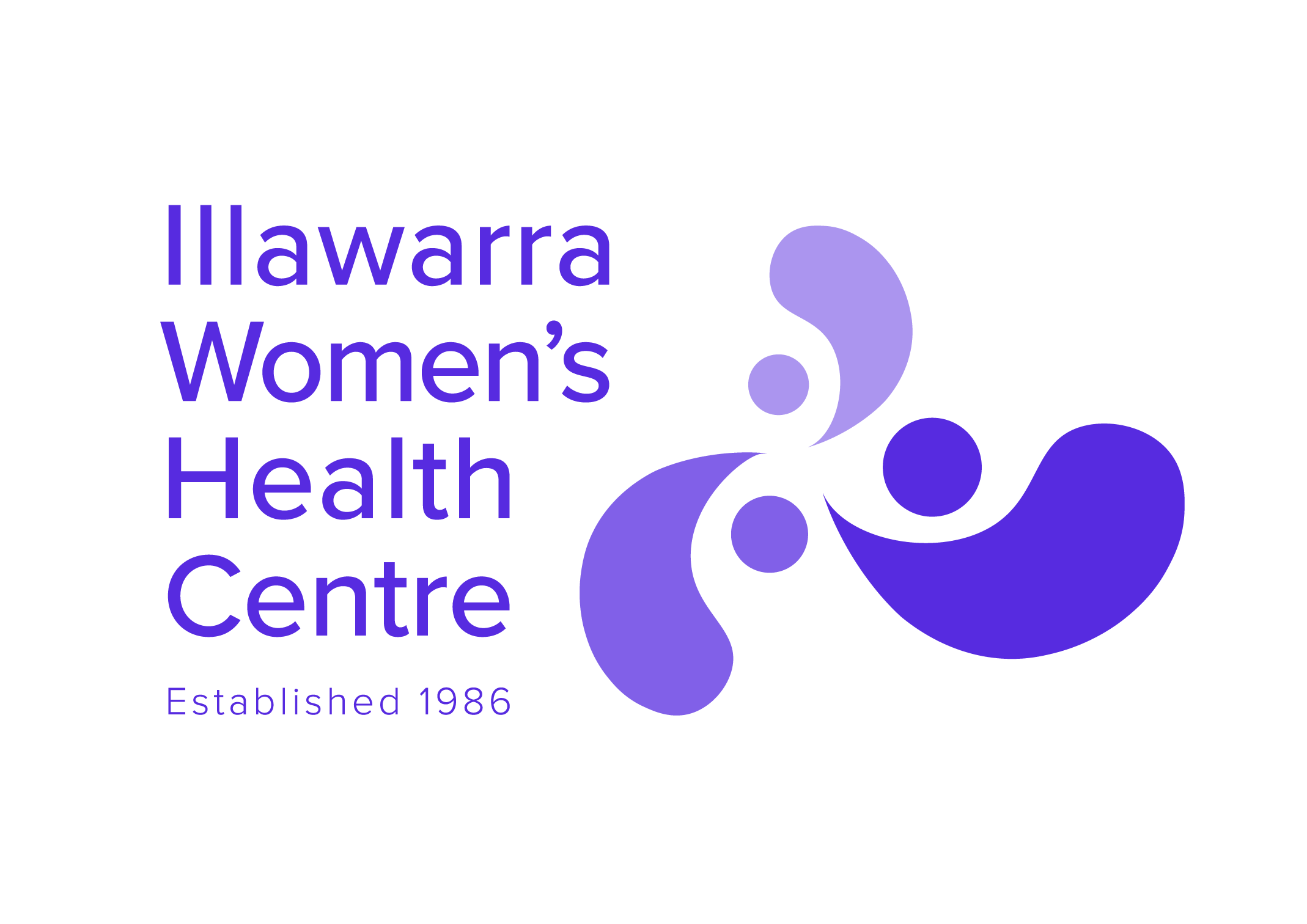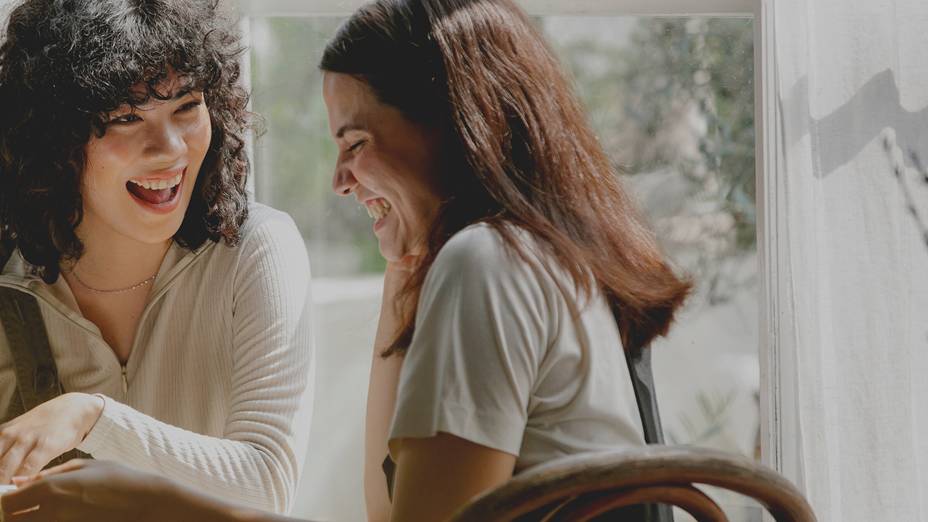Illawarra Mercury – Georgie Igoe
Australia, we need to listen; to the yes and the no of what young women want.
The opening line of a video posted on the eve of International Women’s Day 2022 reverberates powerfully, “Australia, we need to talk…” This is the voice of Grace Tame who is an unwavering force in her commitment to amplifying the voices and rights of people who have survived child sexual abuse. Tame stands alongside other compelling female voices in this video calling for gender-based equality, including legislative changes to support people who have experience domestic and family violence and sexual assault.
The Illawarra Women’s Health Centre delivers a term-based program in local educational settings for young women in Years 8-11. In these therapeutic and educational spaces, we safely and respectfully explore identity, relationships, sex, bodies, consent, and pleasure. We also explore how these concepts intersect with gender equality, and sexual, domestic, and family violence.
In asking some of the young women I have met to finish the sentence of Tame’s quote, Australia, we need to talk…” this is what they said:
“… about sex education for kids; giving and receiving consent, how to be safe, understanding that this is not a bad thing, anatomy…”
“… about the meaning of NO if anyone I mean ANYONE says no, no matter what their situation.”
“… about school policy. Boys need to be held accountable in school for sexual/sexist offences. Students need to know it’s not okay before they leave school and the behaviour escalates and becomes more dangerous. Zero tolerance policy.”
The young women in these groups critically reflect on the power of words to further silence, harm, victimise and shame their experiences, as well as those that can heal, strengthen, and motivate a belief and valuing of themselves in the world.
These young women are also sceptical of governments who “commit, implement, unveil, train”, who hire “experts” to “develop” programs that “support their well-being”. And they are fed up with the ways in which heteronormativity, capitalism, colonisation, the patriarchy and being risk-averse dominate the ways in which they are “educated” about relationships.
In February 2022, the NSW government announced consent education to be mandated in all schools across the state. They used the language “holistic” and “age appropriate”. Terms that no doubt were influenced by the courageous and tireless campaigns from advocates and survivors such as Dhanya Mani and Chanel Contos.
Additionally, these campaigns were influenced by thousands who made submissions, anonymously and not, thousands of other survivors who could not make submissions because they didn’t feel safe to, and thousands more that couldn’t because they did not survive the harm that was caused to them.
And whilst the mandate for consent education ignites hope and belief in change, I am also left curious and in smaller, darker parts, pessimistic about implementation. There is a violence that occurs when harmful ideals and norms are projected onto the experiences of young people. For example, when we only teach risk-averse models of consent, or “what not to do”, we are effectively saying “you will not have positive experiences”.
What about the “what do you want?” when it comes to consent education? The desire for safety, respect, to feel empowered in a relational experience, and where also, dare I say, pleasure can be experienced? Yes, pleasure!
The work of Adrienne Maree Brown, a Black and queer feminist educator from the US, explores how in the absence of pleasure and desire in our conversations about sexual, emotional, physical and psychological needs in all relationships, we reinforce the belief that these experiences should not be positive. Brown draws upon the lineage of Black feminist Audrey Lorde who wrote in her formidable essay ‘Uses of the Erotic’, “we have been raised to fear the yes within ourselves. Our deepest cravings. But, once recognised, those which do not enhance our future lose their power and can be altered.”
Facilitating conversations about consent requires more than updating the position descriptions of under-resourced professionals; it requires resourced practitioners to facilitate trauma-informed approaches through deep listening which can allow these conversations to be explored safely. Conversations that may involve disclosures of violence as well as what young people desire and what gives them pleasure. It also requires a listening to where our own beliefs come from and how we may be projecting onto the young people we are supporting.
In the groups of young women I meet, they share how identity is foundational to understanding what they want and who they want to be in the world. And through connection to self and the yes – as well as the no, they can explore what is possible and their potential for positive experiences. And as one young woman powerfully offered in one of our groups, “it’s okay saying no. It’s okay saying yes. You have your own decisions and don’t be judged for that.”
Georgie Igoe is the Young Women’s Program Co-ordinator and Counsellor of the Illawarra Women’s Health Centre

